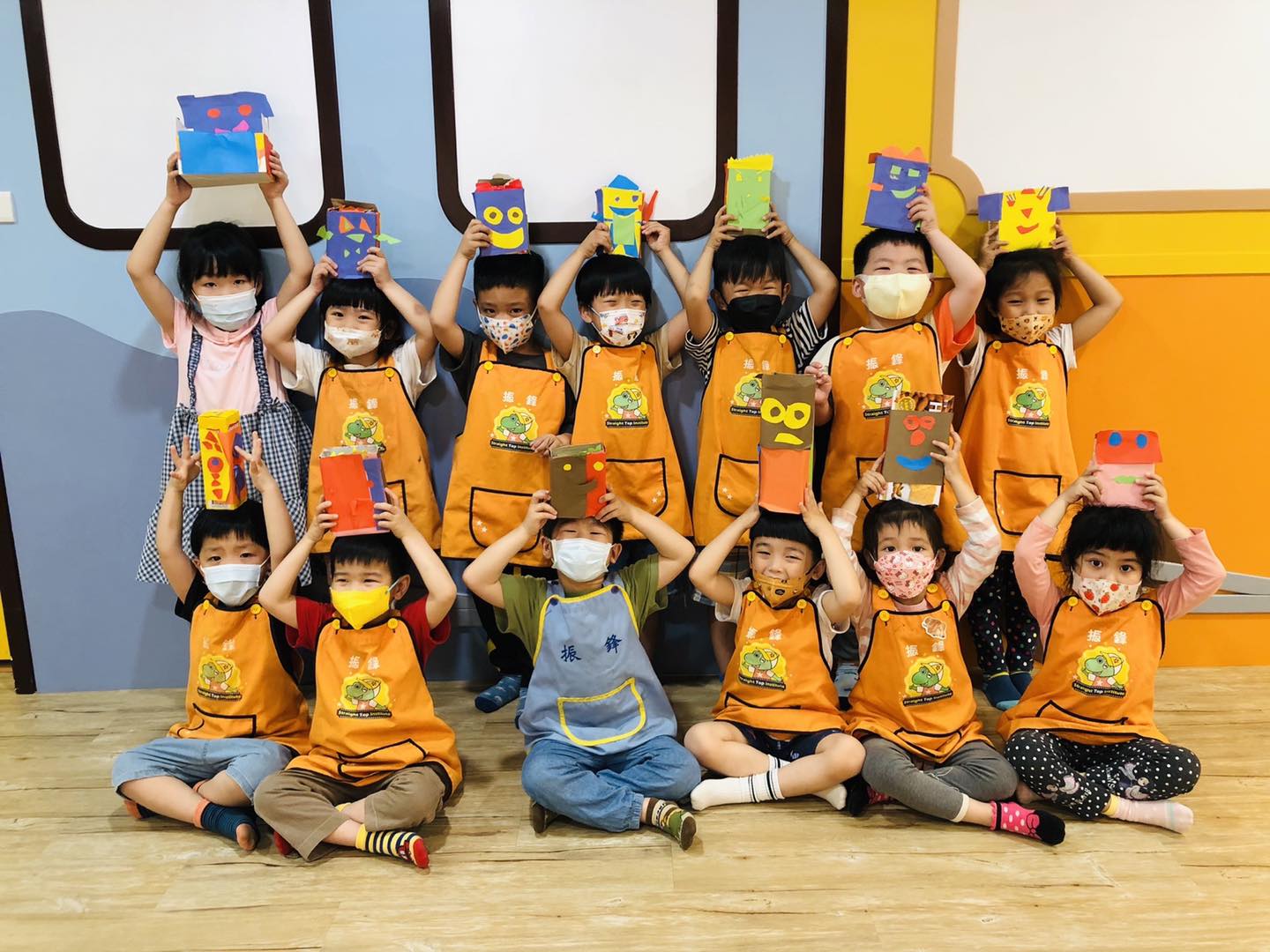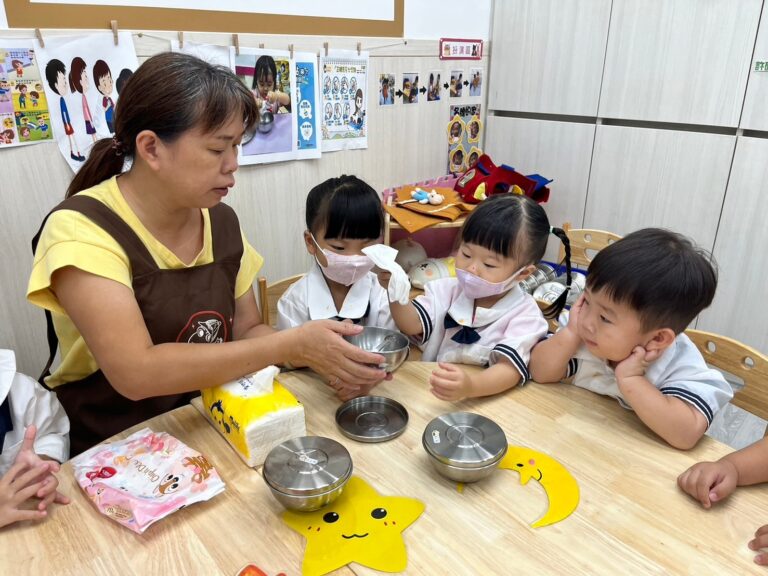Nine Basic Tips for Helping Kids with Homework
Kids are more successful in school when parents take an active role or interest in their homework – it shows kids that what they do is important.
Helping with homework shouldn’t mean spending hours with them at a desk, writing or speaking it together. Parents can be supportive by demonstrating study habits, keeping things organized at home, explaining tricky problems like a difficult riddle, or just encouraging them to take a break and come back to it.

撰文編輯/Teacher Ben
Kids are more successful in school when parents take an active role or interest in their homework – it shows kids that what they do is important.
Helping with homework shouldn’t mean spending hours with them at a desk, writing or speaking it together. Parents can be supportive by demonstrating study habits, keeping things organized at home, explaining tricky problems like a difficult riddle, or just encouraging them to take a break and come back to it.

If you help your child with homework, you’ll probably learn some English, too!
Here are some ways that can help you help your child:
1.Set up a homework-friendly area.
Make sure kids have a place with good light. Keep supplies—paper, pencils, glue, scissors—within reach.

2.Schedule a regular study time at night.
Some kids work best right after school, and other kids might need dinner first. There’s also the idea of being comfortable after an earlier shower—plus there’s nothing left for them to do other than go to sleep.
3.Help them make a plan.
You can schedule 15 minutes of working and 5-minute breaks so they can try finishing a big assignment that is very difficult. Or try a 15-minute break every per every hour of work.

4.Keep distractions to a minimum.
No TV, loud music, or phone calls. Sometimes a phone call with another student might be helpful though. I also enjoy some quiet classical piano music while I study.
5.Make sure kids do their own work.
Kids won’t’ learn if they don’t think for themselves and make their own mistakes. Parents can fix these mistakes or make suggestions before a mistake is made, but it’s a kid’s job to do the learning.
6.Be a motivator and monitor.
Ask about assignments, quizzes, and tests. Give encouragement, check completed homework, and make yourself available for questions and concerns. I also like to ask kids to teach me, especially if I really don’t understand. Being a little teacher is one of the best ways to improve their learning and understanding.
7.Set a good example.
Do your kids every see you diligently balancing your budget or reading a book? Kids are more likely to follow their parents’ examples than their advice.
8.Praise their work and efforts.
Post an ace test or art project on the refrigerator. Mention academic achievements to relatives. Try not to keep using the same praise like “good job” over and over again. “That’s awesome!” Amazing! Cool!
9.If there are problems every day, get help.
Talk about it with your child’s teacher. Some kids have trouble seeing the board and may need glasses; others might need an evaluation for a learning problem or attention disorder.





